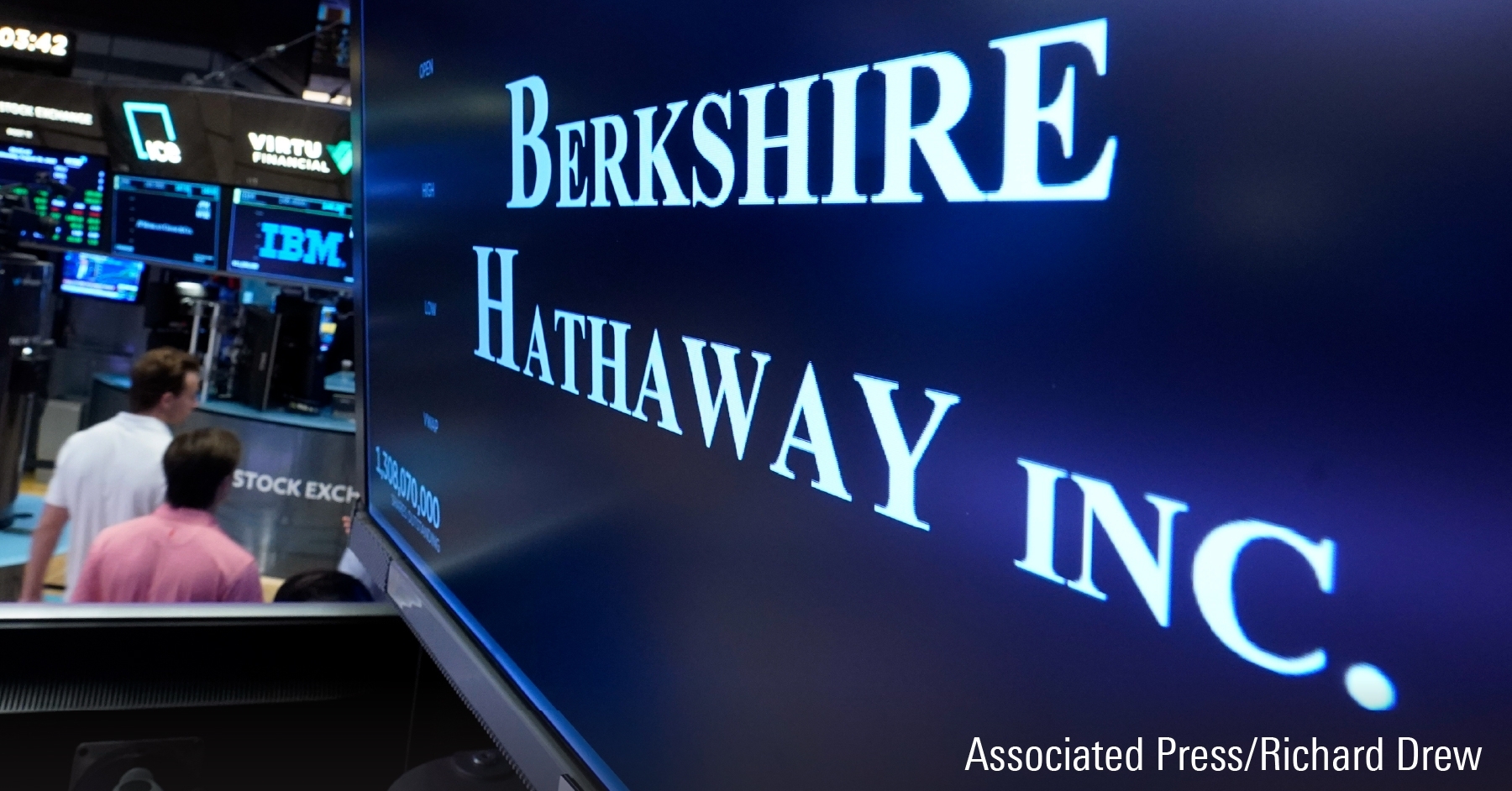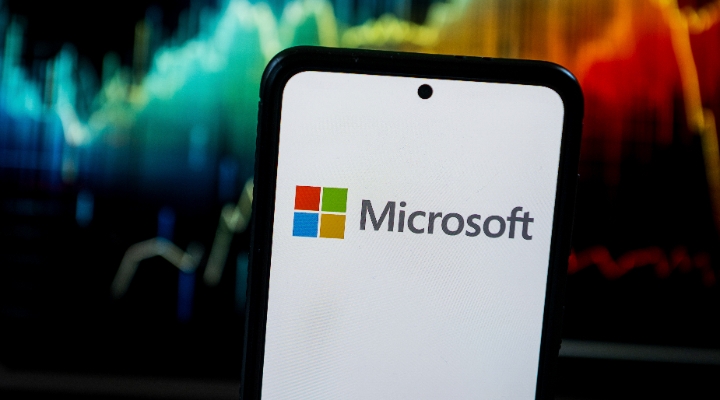We are initiating coverage of Snap with a no-moat rating and a fair value estimate of $15 per share, or a $21 billion market capitalization based on our estimated share count.
Founded in 2011, Snap is the maker of one of the most popular social networking apps, Snapchat, which has captured 158 million users to date, most of whom are between the ages of 18 and 24. We believe that Snap and its users benefit from a network effect among its customer base and is starting to attract the attention (and dollars) of advertisers with a growth trajectory toward $1 billion in revenue. However, there is no guarantee that Snap will effectively monetize these users on a consistent basis. In turn, we are not yet convinced about the firm's ability to generate excess returns on capital over the next decade.
Snap, which refers to itself as a camera company, is a popular player in the social network space. The firm helps its users communicate with one another mostly by using pictures and videos (to which the firm refers as Snaps) on the Snapchat multimedia app, which is usable only on mobile devices such as smartphones.
Ultimately, Snap's competition, which includes wide-moat Facebook (FB)with nearly 2 billion users, is overwhelming, in our view. In particular, Facebook's Instagram may emerge as a substitute for Snapchat. The larger ecosystems of Snap's competitors may have also created somewhat of an exit barrier for their users, which we think could further limit the growth acceleration of Snapchat users.
In terms of Snap's addressable market, while digital ad budgets continue to grow, so does the number of ad inventory providers in the space, and there is no guarantee that a larger portion of new digital ad dollars will flow to Snap. We believe wide moats such as Facebook and Alphabet's (GOOG)(GOOGL) Google, which have proven the value of their ad inventories to advertisers over the years and together dominate the market, will probably continue to take more digital ad dollars over time.
Economic Moat
We assign Snap, Inc. a no-moat rating. While we believe the firm has displayed a network effect among its users and has begun to compile valuable user data, or intangible assets, we are not yet convinced that it will effectively monetize those users in order to generate excess return on capital for at least 10 years.
The firm is still in its early growth stage, and during its brief history, it has not generated excess returns and we do not see any indications that it will do so soon. Further, the competition, which includes wide-moat Facebook with nearly 2 billion users, is overwhelming, in our view.
The larger ecosystems of Snap's competitors may have also created somewhat of an exit barrier for their users, which we think will further limit the growth acceleration of Snapchat users. In addition, growth in new users, user engagement, and time spent on Snap's Snapchat may be constrained in the long run given the 24-hour limit on time spent on various mobile device apps per day.
In terms of Snap's addressable market, while digital ad budgets continue to grow, so does the number of ad inventory providers in the space, so there is no guarantee that a larger portion of new digital ad dollars will flow to Snap.
Valuation
Our fair value estimate for Snap is $15 per share or a $21 billion market capitalization based on the company's estimated share count after its IPO. This fair value estimate represents enterprise value/sales multiples in 2017 and 2018 of 19.5 times and 10 times, respectively. We project tremendous revenue growth for Snap at a 10-year CAGR of 42%. Within our discounted cash flow model's initial 10-year projection, we have assumed that Snap will become profitable in 2020 and will improve its current negative operating margin to an operating margin of more than 40% by the end of 2026, in line with average operating margins earned by its rival, Facebook, the last three years.
Snap's revenue growth will be driven primarily by growth in the firm's daily active users, or DAUs, overall online advertising, and increasing allocation of online ad dollars toward mobile and social network ads. We expect 149% and 87% year-over-year total revenue growth for Snap in 2017 and 2018, representing total revenue of $1 billion and $1.9 billion, respectively.
We have modeled improving gross margins going forward, as costs related to hosting are primarily fixed in nature, and we expect the ratio of revenue-to-ad revenue share payments and costs of content creation and data analysis to increase slightly as Snap may attain some pricing leverage over time.
We look for continuing growth in operating expenses as more investments in R&D plus higher sales and marketing expenses, which are necessary for Snap to differentiate itself and attract more users. We project that such costs will keep Snap operating results in the red in the near term, but ongoing revenue growth and gross margin expansion will lead to operating leverage and help Snap become profitable in 2020 with further expansion thereafter.
Our fair value uncertainty rating for Snap is very high, based upon uncertainty around the company's ability to capture digital advertising dollars in the online advertising space, which is virtually Snap's sole source of revenue today.
Stewardship
We assign a stewardship rating of Standard to Snap's management team. We note that the firm's mere five-year existence makes it difficult to evaluate management's strategies and capital allocation. However, in such a short time, Snap has also become one of the most popular social media platforms, generating nearly half a billion dollars in revenue and appears to have a solid strategy in place, in terms of investing in innovation in order to attract users and increase interaction.
Snap was founded in 2011 by three Stanford University students--Evan Spiegel, Bobby Murphy, and Reggie Brown. Spiegel is currently the company's CEO. Murphy is Snap's COO. According to Snap's latest S-1 filing, after the IPO, Spiegel and Murphy will each retain 44.4% of total voting power, or a total of 88.8% voting interest together, slightly more than the 88.6% pre-IPO voting interest. We note that given Snap's multiclass share structure, all shares offered at the IPO are non-voting shares, maintaining Spiegel's and Murphy's control of the firm.
Brown is regarded as the third founder of Snap, which was initially called Picaboo. In 2013, Brown accused Spiegel and Murphy of using his original idea to create Snap. As indicated in the firm's S-1 filing, Snap reached a settlement with Brown for $157.5 million, of which $50 million was paid in 2014 and the remainder paid in December 2016. Brown is not affiliated with the firm neither as an employee nor a director.
While our stewardship rating is Standard, we note that Snap's multiclass share structure limits the voice of other shareholders. With all shares issued and sold in the IPO being non-voting shares, Spiegel and Murphy will maintain nearly 90% of the firm's voting rights, which we view as a negative for minority shareholders. Ultimately, investors will be dependent on the decisions made by Snap's founders and whether they will help Snap generate exceptional returns for shareholders.
--
Oppdatert kl 14.26 2.3.2017 for å legge til informasjon publisert på Morningstar.com
Research as of 1 Mar 2017
Estimates as of -
Pricing data through -
Rating updated as of -
The conduct of Morningstar’s analysts is governed by Code of Ethics/Code of Conduct Policy, Personal Security Trading Policy (or an equivalent of), and Investment Research Policy. For information regarding conflicts of interest, visit http://global.morningstar.com/equitydisclosures
The primary analyst covering this company does not own its stock.
Morningstar Stock Rating endres daglig basert på kursutvikling, endringer av analytikers estimater også videre. Artikkelen inneholder synspunkter og fremskrivninger som ikke nødvendigvis vil inntreffe og følgelig er usikre. Artikkelen er ment til å være til utdanningsformål, og ikke investeringsråd. Forhør deg alltid med investeringsrådgiver før kjøp og salg av verdipapirer, eller gjør investeringer basert på egne vurderinger.
























